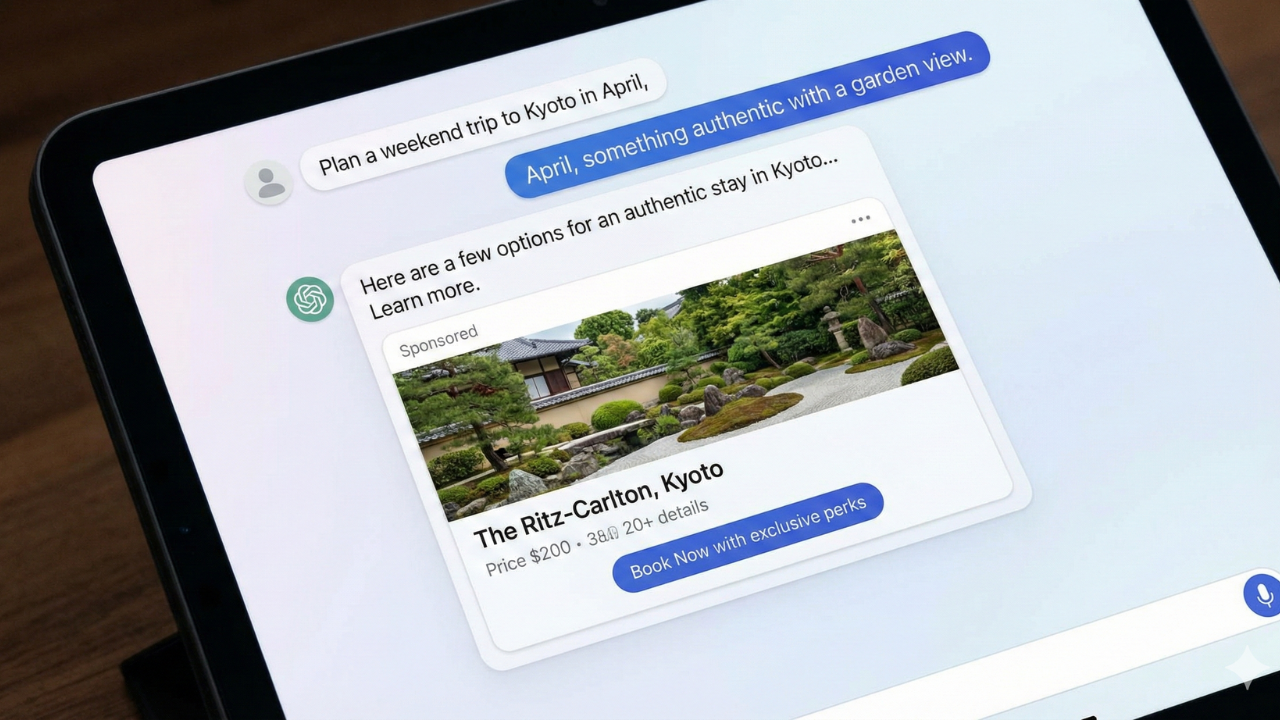
If you have a website or have ever searched for one (read: just about everyone on the planet), then you’ve already used keywords. As a website owner, your keywords will allow internet users to find the content you’ve produced. And as a consumer, you’ve used keywords -- even if you haven’t realized it -- to obtain relevant results, a specific product, or a service you require. But understanding exactly which keywords to use can be a lot trickier. Knowing how to use them properly can be even more so. As a result, effective keyword research is one of the most challenging parts of SEO for most business owners.
We’ll answer some of your questions about SEO keyword research in today’s post -- and you’ll soon see why working with an SEO company on your keyword research and site optimization is so important.
What are Keywords, Anyway?
Before we delve into keyword research, it helps to understand exactly what keywords are. In essence, they’re the words or phrases that users enter into a search engine to find what they’re looking for. When you utilize these search terms on your website, they define what your site and your content are all about. By choosing the right keywords (and using them wisely), you can prove your relevance to both Google and to internet users.
But, of course, that may be easier said than done. If you’re a plumbing service, you might assume that trying to rank on the word “plumber” is your best bet. But with so many plumbers throughout the nation and the world, your business can’t possibly get noticed with that word alone. That’s often where geotagged or long-tail keywords come in. Since 50% of search queries are four words or longer, it’s often best to think in more specific terms rather than broad ones. Trying to rank on a unique plumbing service you offer or on “plumbers in [specific city]” will often yield better results. Not only will this better match what internet users are looking for, but it will also boost your visibility in local search results -- an area that’s become much more important in recent years.
How and Where are Keywords Used?
Keywords are an important component of search engine optimization. They can be used in various places on your website. They should be used in organic ways throughout your web copy and blog posts, of course, as well as in meta tags, meta descriptions, and page titles. They can also be used in anchor text (the words underlined in a link), alt attributes, pay-per-click ads, image and video descriptions, and more.
When used according to best practices, they provide signals to search engines about the topics covered in your content and what your business does. But when they’re overused, keywords can seem spammy and can actually work against you. We’ll get more into that later on, in the dos and don’ts section. Basically, they should be used only at a certain density. On any given page, your keyword should account for no more than 1% to 2% of the words on the page -- and that may be pushing it. As your SEO agency will explain, both bots and humans should be able to understand what the content is about, which means the keywords shouldn’t be used so frequently that the content suffers as a result.
How Do I Find the Right Keywords For My Site?
Understanding the type of keyword rankings your business should focus on can be a real challenge. Here’s the thing: you can’t simply take a stab at it and hope for the best. That’s not going to help your keyword rankings, and you might end up wasting time and energy on a phrase you just aren’t going to be able to see results on.
This is where keyword research comes in. Keyword research is a process that allows SEO analysts to identify popular words and phrases internet users enter into a search engine. This process can also tell you a lot about the demand for a certain keyword and how difficult it would be to rank on that keyword. Analysts assess how many searches are done on a particular keyword and all the different search variations used that involve that phrase. It’s really both a science and an art; it may not be exact all the time, but it can help you to identify which phrases you can best use to drive traffic to your site. SEO services can also help you identify keywords that signal purchase intent, meaning keywords that are more likely to lead to a conversion or sale.
Our Dallas SEO agency uses a variety of keyword research tools to identify and track the best keywords for our clients. SEO companies generally use their industry knowledge or initial ideas from their clients to brainstorm potential keywords to target and then expand from there. A good way to begin is to come up with a short list of topics that are important to your business and that you’d like to rank for in search results. While you may not be able to rank for those exact keywords (especially not right away and without a large marketing budget), it’s an excellent way to focus on your SEO goals.
Understanding the value of one keyword over another can be difficult, as well. You might want to target a specific product or interesting service that’s already doing well, or you may want to increase your rankings for an offering that isn’t a big seller (yet). Your SEO company can identify keywords using Google's Keyword Planner (part of Google AdWords) or other SEO services to determine a keyword's value in terms of potential traffic.
Don’t forget that you may already have keywords that are driving traffic to your site. Even if you haven’t already done a lot of optimization, an established website with a fair amount of content may have rankings already. Understanding what those are -- and whether they’re words you even want to target -- can help make this process a bit easier. Doing a bit of research on your own (like delving into related search terms) can give you some good ideas to discuss with your SEO agency.
What are Some Keyword Dos and Don’ts?
As with all kinds of SEO, there are acceptable practices and unacceptable practices. Unfortunately, when you try to DIY your SEO, you may unknowingly commit some SEO sins. That can have major consequences for your website rankings (and your business in general). This is just one reason to work with an experienced Dallas SEO agency to conduct keyword research and to perform website optimization. Still, it may be helpful to understand why keyword practices are considered to be “good” or “bad.” These dos and don’ts may illuminate some of those areas.
DO:
- Be specific
As we mentioned earlier, it’s way better to be detailed than broad. Whether you consider your industry to be extremely competitive or not, keep in mind that the internet is a much more saturated place than, say, your hometown. Online, you’re competing with businesses in your city, your state, your country, and your world. Longtail and geo-tagged keywords are generally easier to rank on than short-tail keywords. If you use these long-tail keywords, people will be able to find you and will be more likely to convert. Showing up on page 75 of the SERPs won’t do you any favors. So if you had grandiose dreams of showing up in the number one spot for “veterinarian” on a national search, you might want to consider how well you could do by changing your focus to “emergency vet orlando” instead.
- Embrace variety
What we mentioned above does not mean you’re barred from using broader keywords. Sometimes, a keyword with high search volume is an appropriate choice. If you combine certain popular keywords together to create a longer-tail keyword that encompasses both, you may be able to increase your visibility. Alternatively, you may be able to supplement those broad keywords with more specific ones to add depth to your website and increase your chances of being found. Make sure not every keyword you target is localized; this could make your content sound unnatural and make it harder for your SEO writing team to create copy that reads well to human audiences.
DON’T:
- Forget about your customer
In order to choose great keywords, you’ve got to understand who your customer is and what they’re looking for online. Otherwise, you could neglect some essential search terms and end up leaving money on the table. Think about the questions your customers are most likely to ask before making a purchase. Do they have a good understanding of industry phrases, or are most of your clients new to what you offer? Once you understand how people search for businesses like yours, you’ll be in a better position to target the right keywords.
- Be sneaky
The old black hat SEO methods of utilizing keywords aren’t going to work well in 2018. So don’t use keywords that have a high search volume but are in no way relevant to your business or website. You should also avoid keyword stuffing (e.g., the practice of shoving in as many keywords as you can into one page) or use keywords that are directed only at search engines. Google actually wants to see more natural keyword usage. Over-optimized anchor text and invisible text are no-nos, too. Basically, always aim to be upfront with both Google and your customers.
Keyword research may seem incredibly daunting at first -- and if you don’t have the right help, you might be totally lost. But the good news is that your Dallas SEO agency is here to help with your keyword research and site optimization. For more information on how to take your search rankings to the next level, contact us today.
Want To Level Up Your Travel Marketing?
Subscribe to the NavLog, our bi-weekly travel marketing roundup, where you’ll be the first to know about breaking news that impacts travel marketers and access exclusive performance marketing strategies and practical tips you can implement from the marketers at the leading edge of the travel industry.




.png)

.png)

